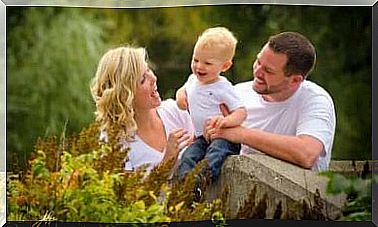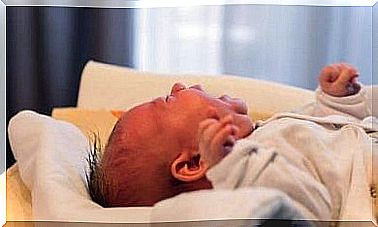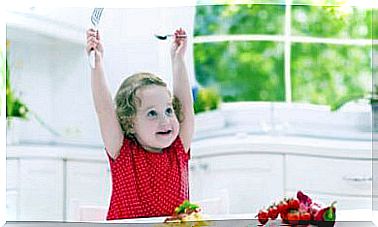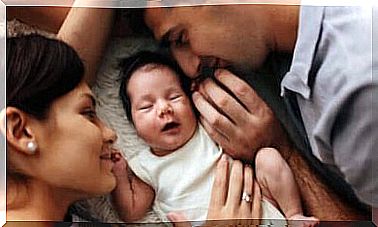“Mom, I Hate You”: The Phrase That Can Make The World Collapse On You
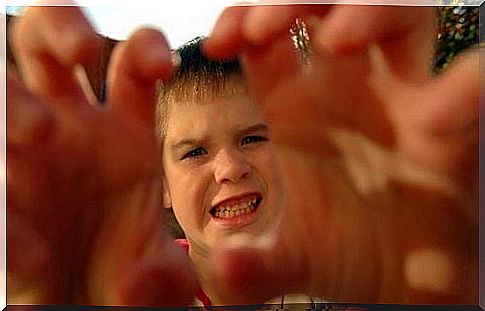
Sooner or later, it happens to any parent. Along with the limitations, comes that annoying and painful phrase that only makes the world collapse on you and fatally wound none other than your own heart: “I hate you”. It is the bitter response to some prohibition or a call for attention.
Before suffering unnecessarily, however, it is worth asking: can a little boy really hate his parents for a trifle? Just to reassure you, we tell you right away that this is not the case. He does not do this and is unable to do so until, once he grows up, your child does not want to impose his will, with the result of awakening his anger in the face of any negative reaction.
The child, therefore, expresses his anger at the non-acceptance of his feelings on the part of his parents. To do this, he uses those biting ” I hate you “, “I don’t love you” or “you are the worst”, which, after expressing his frustration, hit us deeply and freeze the blood in our veins.
Why, then, does he say “I hate you”?
According to what is claimed in the psychological field, even if children often explode in those angry “I hate you”, in reality they do not want to express the true meaning of this unhappy expression. However, they have a habit of using it when they feel frustrated or irritated, or harbor great repressed anger.
For this reason, if you want to prevent this phrase from being repeated as a sign of annoyance or annoyance, you will need to evaluate the causes that lead your child to use an expression of this magnitude. Only in this way will you be able to behave in the appropriate way to eradicate these words from his vocabulary.
“When children are under the age of seven they use these words only because they have learned them and because they associate them with frustration, not because they are really feeling them,” explains psychologist Carlos Velásquez, who adds that it is simply a casual reaction.
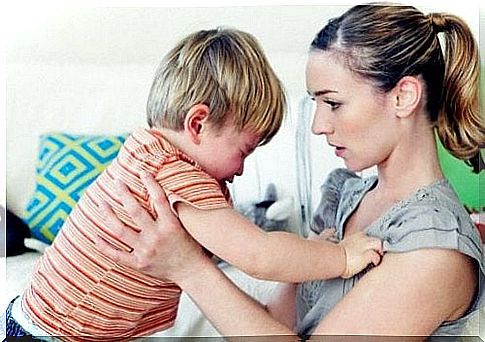
On the other hand, when we are dealing with children over the age of eight or with teenagers, the “I hate you” takes on a certain intentionality. It is an expression of their refusal in the face of something that has long since grown, but which, now in the age of rebellion, they have no trouble saying aloud.
For this reason, the age of the child at the moment in which he pronounces these words is fundamental. In fact, if it is a child who is over 8 years old, you will have to try to find out what is happening to him. Engage in an empathic and quiet conversation so that you can understand each other and thus find a solution to your differences.
What to do and how to react in the face of a situation like this?
- Do not respond aggressively to avoid being drawn into unnecessary discussion with your child. In these cases, the comparison will get you nowhere.
- Analyze what happened in order to identify your child’s feelings in order to help them recognize and express them appropriately. To do this, you can observe if, at the moment in which he uttered the “I hate you” he was crying, throwing something or rolling on the ground.
- After calm has returned and you have defined your strategy, talk to him empathically. Try to make him understand what he said so lightly.
- Show him the weight of his own words and express your pain. This way he will understand that he is not doing the right thing and that, in doing so, he has hurt you. It is not about encouraging guilt in the child, but if you are feeling sad, express it without losing your demeanor.
- Explain the difference between anger and hatred. Talk to him to find out why he is so annoying with his parents. Explain to him that hating does not involve not loving a person, which is not good at all, not even to draw attention and provoke a reaction from the adult. And that being annoying doesn’t mean being cruel. It would be vital that you help him recognize his own feelings, promoting your child’s emotional intelligence.
- The time has come to understand, listen, accept and consider your child’s feelings, always respecting their emotions. Confidently explain your decisions and why you do what you do. Avoiding accepting his feelings, laughing at what he thinks, criticizing his way of seeing things and not respecting his decisions are actions that generally only lead to other “I hate you” and further manifestations of rejection by boy’s.
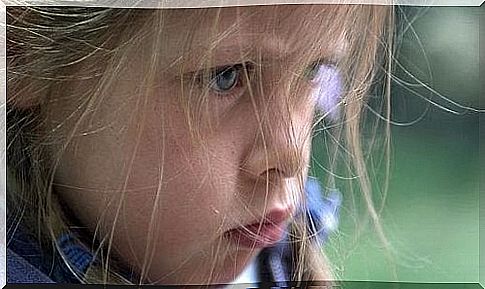
Possible causes of this “hatred”
Did he say “I hate you”? A confession like this can be the consequence of various circumstances, mainly a sum of anger, frustration and conflict that have generated in the adolescent a certain feeling of rejection that will be appropriately expressed in words at any moment of fury.
Generally, children who make such statements face such authoritarian and repressive parents that they do not accept any discussion after their orders and impositions. As a result, children accumulate the darkest feelings, which emerge in the light when they acquire critical and judgmental skills.
It can therefore be assumed that, in the case of older children who are fully aware of their words, the resentment that motivates this “I hate you” does not arise overnight. However, the healthiest thing is that they have the opportunity to express it, in order to be warned that something is not quite right.
For this reason, if you have ever received a stab of this severity from your child, do not blame yourself. Do not think you are bad mothers and, above all, do not lock yourself in your thoughts. Listen to the child, learn to recognize what he feels and why he behaves this way, without judging him prematurely or continuing to feed his anger.
